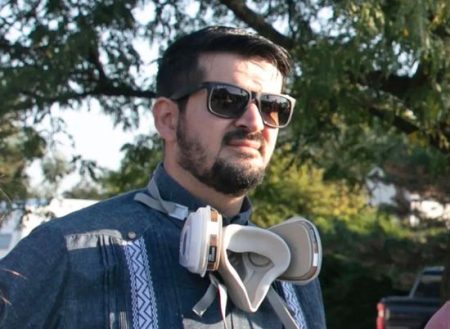Having Our Say
 |
| Sharon K. West, BSN, MSN |
If you were critically ill and unable to speak for yourself, is there anyone who can speak for you?
Does anyone know whether you do or do not desire to be placed on a respirator? If your heart should stop beating, does this person know whether or not you want to be resuscitated? Why is this important?
I am speaking of an Advance Care Directive. Several years ago, I had the opportunity to meet with pastors of majority African American congregations in Asheville and surrounding counties. These discussions were well received, but it was also an eye-opener to many that such documents exists – and how important such pre-written instructions are.
Advance directives are not “death panels,” last year’s made-up campaign based on fears of rationing – providing services and medical options to some and not others. They’re almost the opposite, because they ensure that you decide what treatment you want instead of leaving those decisions to others, maybe even strangers.
We can only do that if we make plans in advance. Yet when I had
conversations in the form of focus groups recently, and I asked
questions of community folk about advance directives, out of
approximately 40 individuals interviewed, a mere 10 percent (4) of the
individuals had completed a directive.
People gave varying reasons why this topic had not been at the top of
their list of things to do: “I am too young.” “I need more
information.” “I trust that my doctor will know the decisions to make
about my care needs.” “My son (daughter, husband, wife, family) will
know what to do.” “It’s morbid and too scary to think about things like
this.”
Though there were many more comments, those above are not uncommon among
individuals across cultures in most cities within the U.S.
Completing advance directives gives you an opportunity to have your say
about medical intervention you desire in the event you are not able to
voice your thoughts when the time comes. It is very important not only
to put it in writing but to appoint a healthcare agent. The agent – who
can be a spouse, a child, even a dear friend – can follow through with
your wishes in the midst of the crisis situation.
To do so – to follow through on your wishes – he or she must know what
you desire. It’s also important not to rush your directives: take time
to discuss them with those you trust – family members, your physician,
your pastor, and the healthcare agent.
I have heard completed Advance Care Directives being called a “gift” to
the family. As a nurse myself, I can honestly identify those family
members who have been provided the “gift” compared to those who have
not.
The document of choice to me is “Five Wishes,” which is available on the
website www.agingwithdignity.org. It is easy to read and understand.
Also, you don’t need an attorney to help you complete these documents,
though North Carolina does require that you have two witnesses to your
signature on this document – and sign it in the presence of a notary.
Some feel it is okay to wait until the later ages such as past age 65 to
complete directives. But three nationally recognized cases, those of
Karen Quinlan, Nancy Cruzan and Terri Schiavo, highlight the need for
Advance Care Directives. Each of these young ladies fell victim to
unexpected medical crises in their 20s. Because of their traumatic
injuries, none of them was able to speak for herself, and the lack of
advance directives made it very difficult for their families to make
decisions on their behalf.
It is my desire that faith communities will help their congregations
participate in developing advance directives. Congregational leaders can
identify individual members who can function as a contact person to get
information to others. Some churches have had limited training – which
is available at no cost – in the past and are soon to be scheduled for a
refresher based on new state updates. If you are unsure if your church
has participated, contact me.
If you would like to discuss advance directives contact me at sharonkellywest.com or email me at [email protected].







